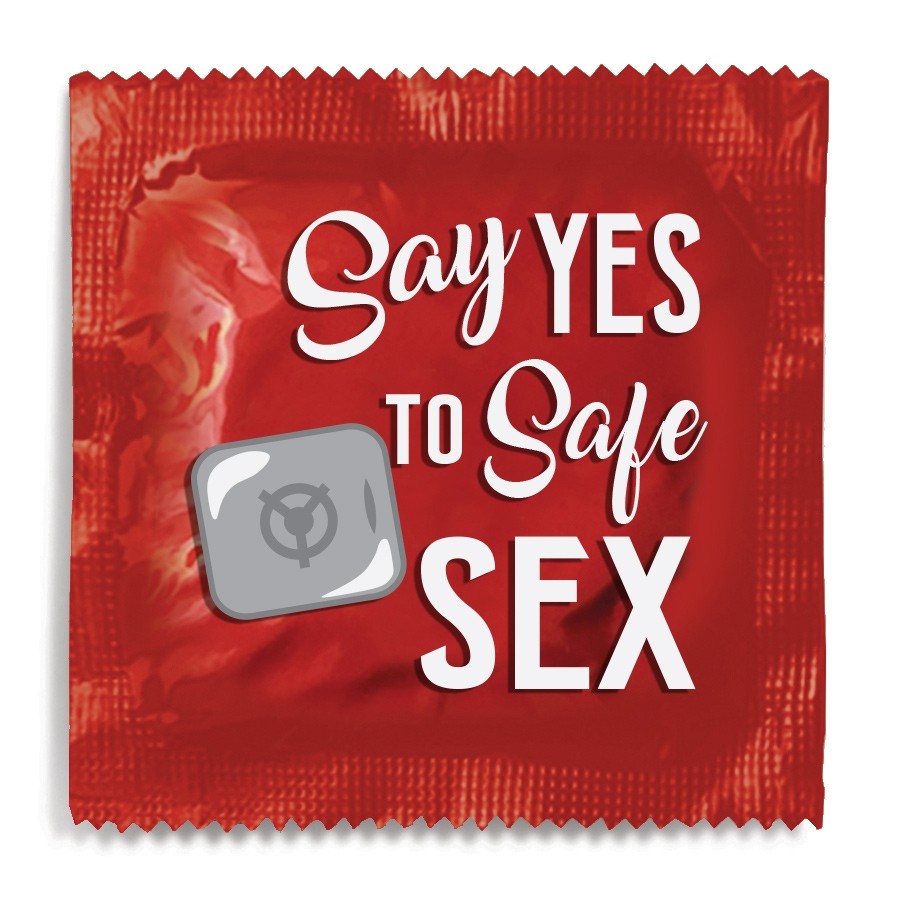Online health programs promote safe-sex skills in teen girls
Researchers, who conducted the study from North Carolina State University and the University of North Carolina at Chapel Hill, found that a one-time, 45-minute intervention - were more confident and assertive about communicating with their partners about condoms.

Washington D.C: Turns out that just a 45-minute sexual health program">online sexual health program may improve the ability of teenage girls to become confident and effectively communicate about safe sex, a recent study suggests.
Researchers, who conducted the study from North Carolina State University and the University of North Carolina at Chapel Hill, found that a one-time, 45-minute intervention - were more confident and assertive about communicating with their partners about condoms.
Also Read: Did you know? Air pollution may affect your menstrual cycle
Lead author Laura Widman said the ability to talk about sexual health with a partner, such as a willingness to talk about condoms, is one of the strongest predictors of whether a couple will engage in safer sex.

The team worked with a group of 222 girls between the ages of 15 and 17.
Also Read |
Believing in sexual compatibility takes toll on your sex life
All the study participants took an initial survey that asked about a host of issues related to their sexual knowledge, attitudes and behaviours.
Half of the participants were randomly selected to take part in the online sexual health intervention developed by Widman, called Health Education and Relationship Training (HEART).
Also Read: Depressed and fatigued women more prone to injuries at work
The other half of study participants served as a control group and took part in an online program unrelated to sexuality or sexual health.
After taking part in their respective program, the HEART and control groups were given a sexual communication skills test.
All participants then took the sexual knowledge, attitudes and behaviour survey a second time.
Also Read |
Want to feel better post break-up, pretend to be OKAY

The study participants took the survey a third time four months later.
In other words, HEART participants were better able to refuse risky sexual behaviours partners might suggest.
Also Read: Reasons for not having sex are often curable
Widman noted that a short, one-time intervention can have a measureable impact on behaviour as the HEART participants were 12.5 percent more confident about their ability to obtain and use condoms.
Other improvements that persisted after four months included more positive attitudes about condoms and increased knowledge about HIV and STDs, the researchers stated. (ANI)
 Dynamite News
Dynamite News 